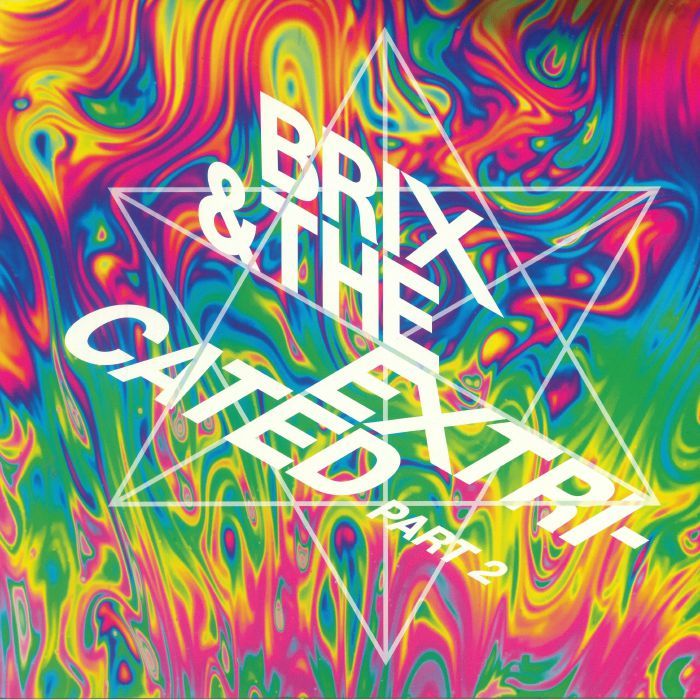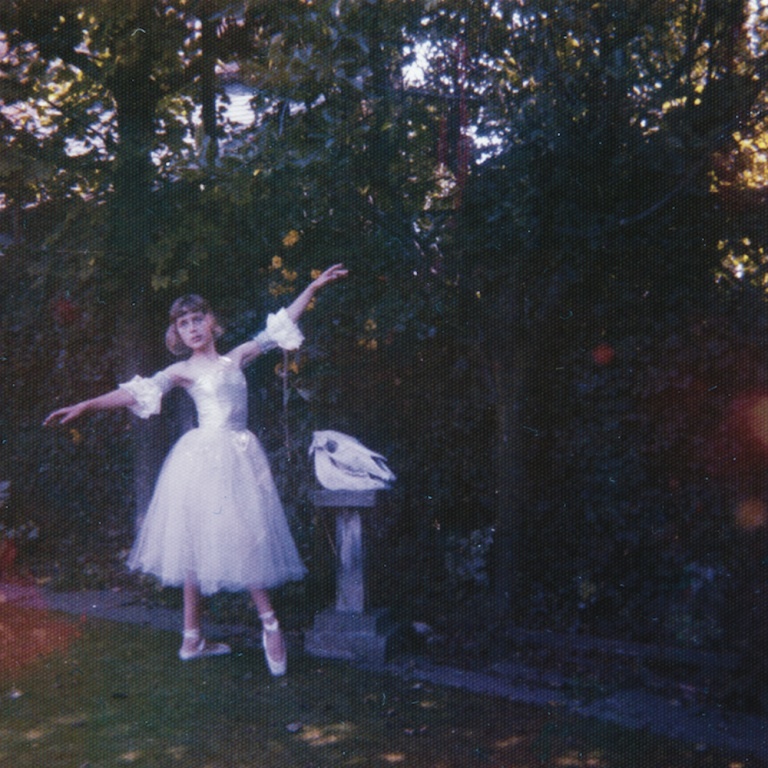Like all good artists, Jean-Sebastian Audet of Un Blonde can sway the mood in a room. Or a Toyota Camri, in my case. Take two overcast days on the interstate.
The first: a transit through sheer sparks, a current so volatile that it could overload in the next mile, anticipation crackling like live wires loose on the road. (I’m en route to Athens for Popfest, and feeding off the static charge. After all, my battery just broke down the other day – I’m 99% sure it’s fixed, but one can never tell with my car.)
The second: a stroll down a silent coast, sun still rising pink-ish over the dormant waves, with nothing but the crusty pier and thousands of shell shards in our path. (I’m en route to my parents’ house in Madison, to seek shelter from Irma. No one knows if I’ll be any safer there than in my apartment – but company is company, and I’d rather not weather the storm alone.)
Such is the fluid nature of Audet, a restless man-about-Montreal who seems to live and breathe in a creative realm beyond bounds. From where I tuned in, Un Blonde morphed from jittery post-punk provocateur, a la Fire Engines or Josef K (2014’s Tenet), to suave jive master atop bubbly bleepy funk (2015’s Water the Next Day). But the next year, Audet would ascend to another plane entirely – and this is where we come in, as Calgary-based institution Flemish Eye now present Good Will Come To You to the general masses, for the first time on vinyl.
And friends, I could describe the earthly accolades Audet earned back in 2016 – the Polaris Music Prize shout-out, the tapes that flew off the virtual shelves. But. But. But! What do these matter in the first hour of dawn, or the last before slumber? What do any external sources of praise matter in these most private moments, if one can’t awaken or retire to bed in peace? That’s what Un Blonde seek here, more than anything – in glittering acoustic strums, in warm and friendly bass lines, in soft-spoken shakers and synths as subtle as the shift from morning to day. I hardly exaggerate when I describe the drone of ‘Exercise A’ as divine – no other thought will do, save the moment itself when one can look out the window at the gently swaying trees outside and not feel the precious seconds slip away.
What – why am I even here? GWCTY sits on a plane outside of rote analysis, into the realm of little devotions, silent prayer, rituals that ease the soul with their daily iteration. Strange, though – the first time I heard ‘Staying In Line’ was indeed in the car, where the ambulance captured by Audet blares on the distant shore. Even in this year of city-dwelling – my second – sirens still unnerve me, and indeed I jumped when I heard this one on my stereo. But with repeat listens, this too soothes me. ”Good will come to us,” Audet assures us here among the chattering gulls, and so the ambulance itself is that blessing. This is the power of solace, and of the artist that can sculpt bliss out of the mundane.
I – no, can I? Surely someone else has spoken this closely to their listening audience, has caressed strings this deftly, has created such a space where he can lay down tenets to nirvana and joy (note: ‘Take Me Higher’ is joy, pure joy; children dancing and running with no cause for their mothers to fret; the source code of deltas that shine like national guitars). Surely so? Yet somehow, no. I wander again to ‘The Heat Of The Afternoon’ – and I know, staring as I am into a halo of drone, I think again of my mum and I, alone, as we walk across the St. Augustine beach toward the distant dock. The Best Dog In The World, our long-haired terrier Maggie (RIP, little sis), trots beside us, slower than she used to trot. Did we even talk? I can’t remember. All I know is, we just wanted to walk, as far as we could.
GWCTY feels to me like that: the simple impulse to keep going, unobstructed and unobserved, in the morning air. It’s the chance to examine and renew the inner self, to check that each part runs in its own rhythm, to take stock of the love that flows from without so you can send it back. Call me not a critic here – call me enraptured.
-
10Lee Adcock's Score






















